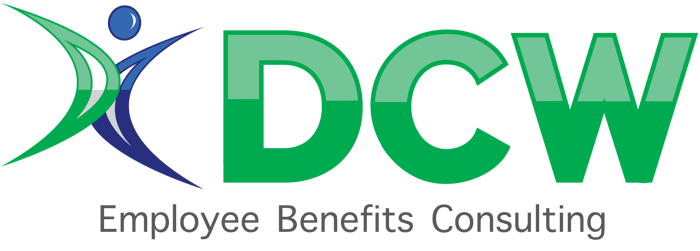Better Benefits. Lower Costs. Total Transparency
Grow your business.
We bring enterprise expertise and services to the middle market, offering unmatched support while optimizing employee benefits. Let us simplify complexities, streamline operations, and prioritize your workforce's well-being while saving you time and money.
Featured In






What Our Customers Say
As a nonprofit, offering affordable health care is a key part of hiring and retaining our staff. Working with DCW Group we were able to hold our costs flat for almost six years without reducing the benefits.
Paul
Chief Executive Officer

DCW Group made the process so smooth. What I thought was going to be hours of work turned out to be minutes.
Shelly
Human Resources Director
We acquired or bought assets of three businesses and scaled our employee base to over three hundred. We needed a consultant who could help us scale without adding overhead and DCW Group did just that.
Joel
Chief Financial Officer

As a new person to the HR role, I was very fearful about what would happen with open enrollment. Moving to the online system made it simple. It’s quick to enroll people, it’s quick to unenroll people… it’s the click of a button and half your work is done for you.
Shellie
Human Resources Director
We were going with a large national firm, and it felt like they treated it as a cookie-cutter approach. DCW Group's ability to scale customized solutions into our company was a game changer.
Rick
Vice President of Finance

The ACA filing process was very easy and DCW Group was very helpful. We were able to file quickly with no errors.
Laurie
Practice Administrator
Optimize your benefits program!
We've got you covered from strategic consulting to hands-on administration and employee support. Contact us today.
